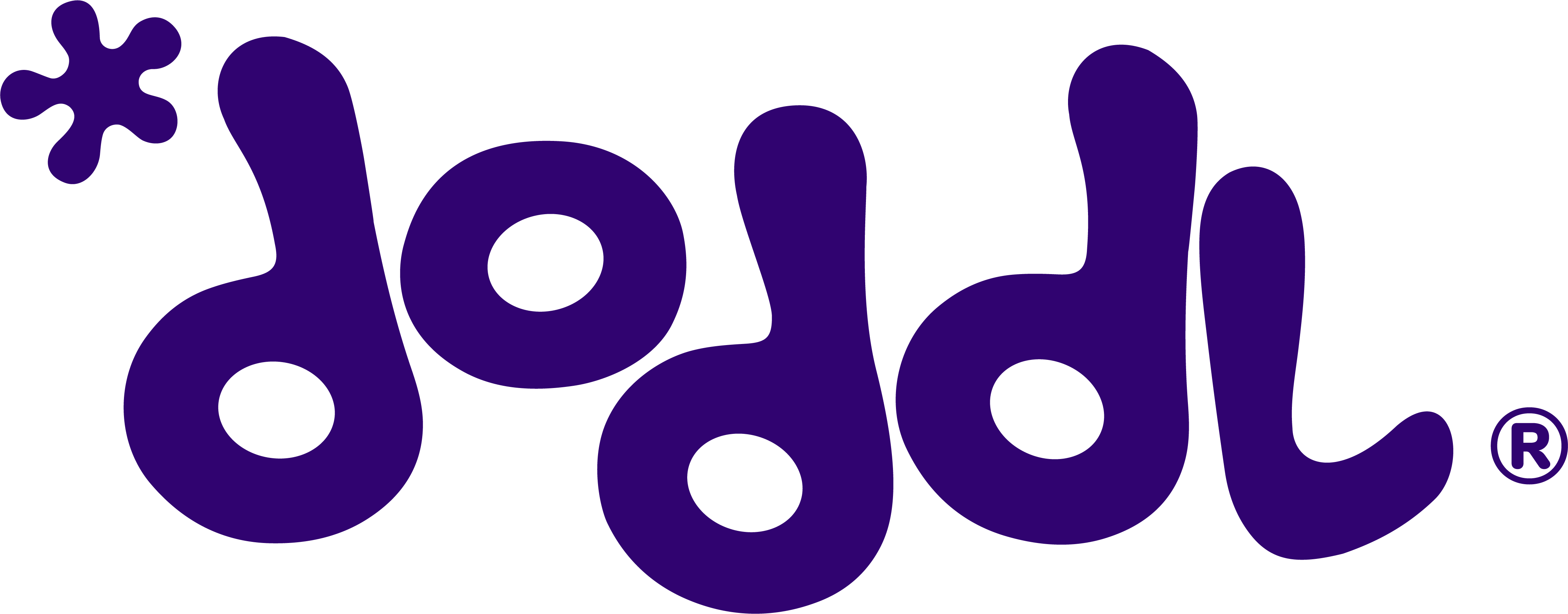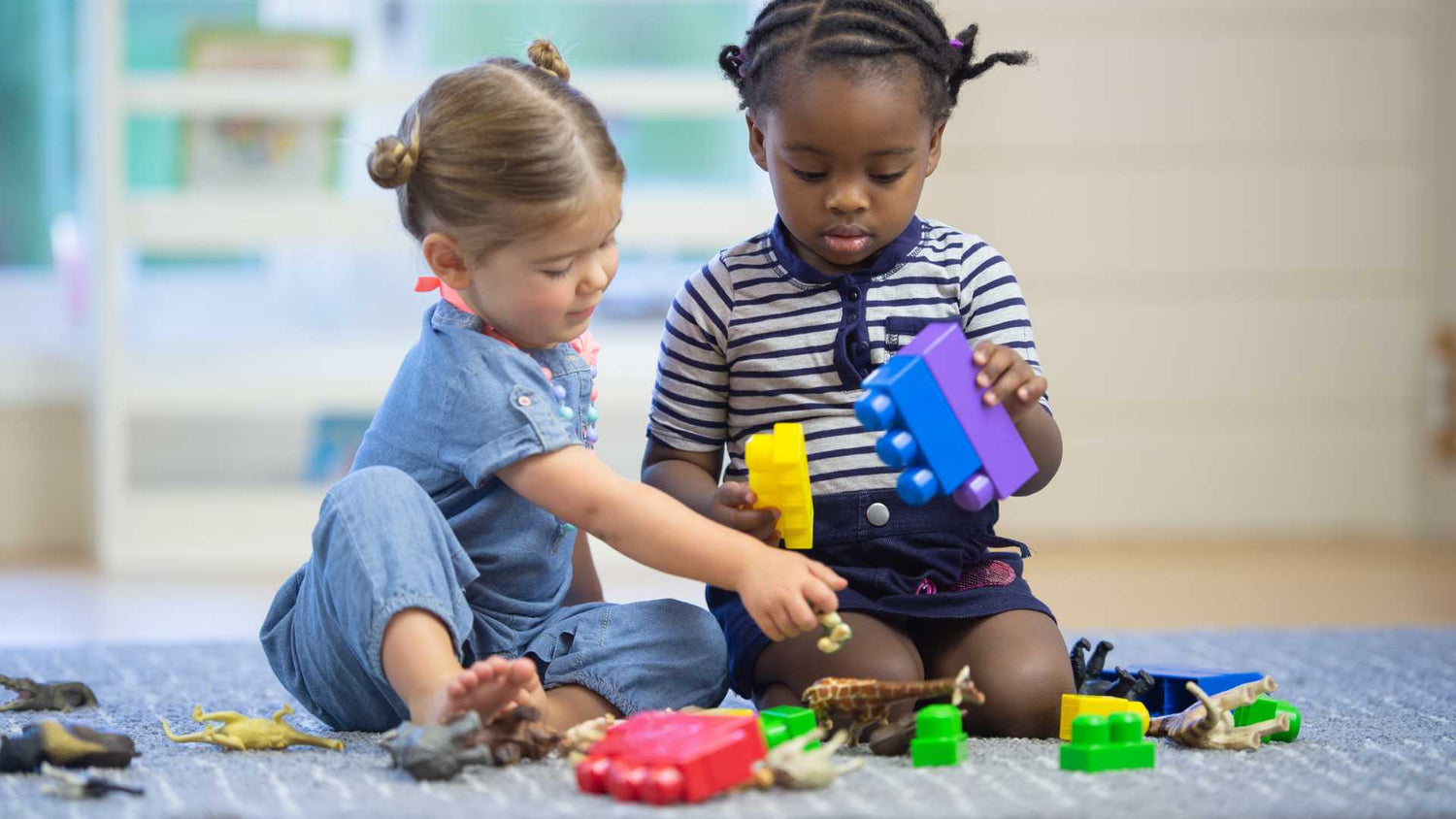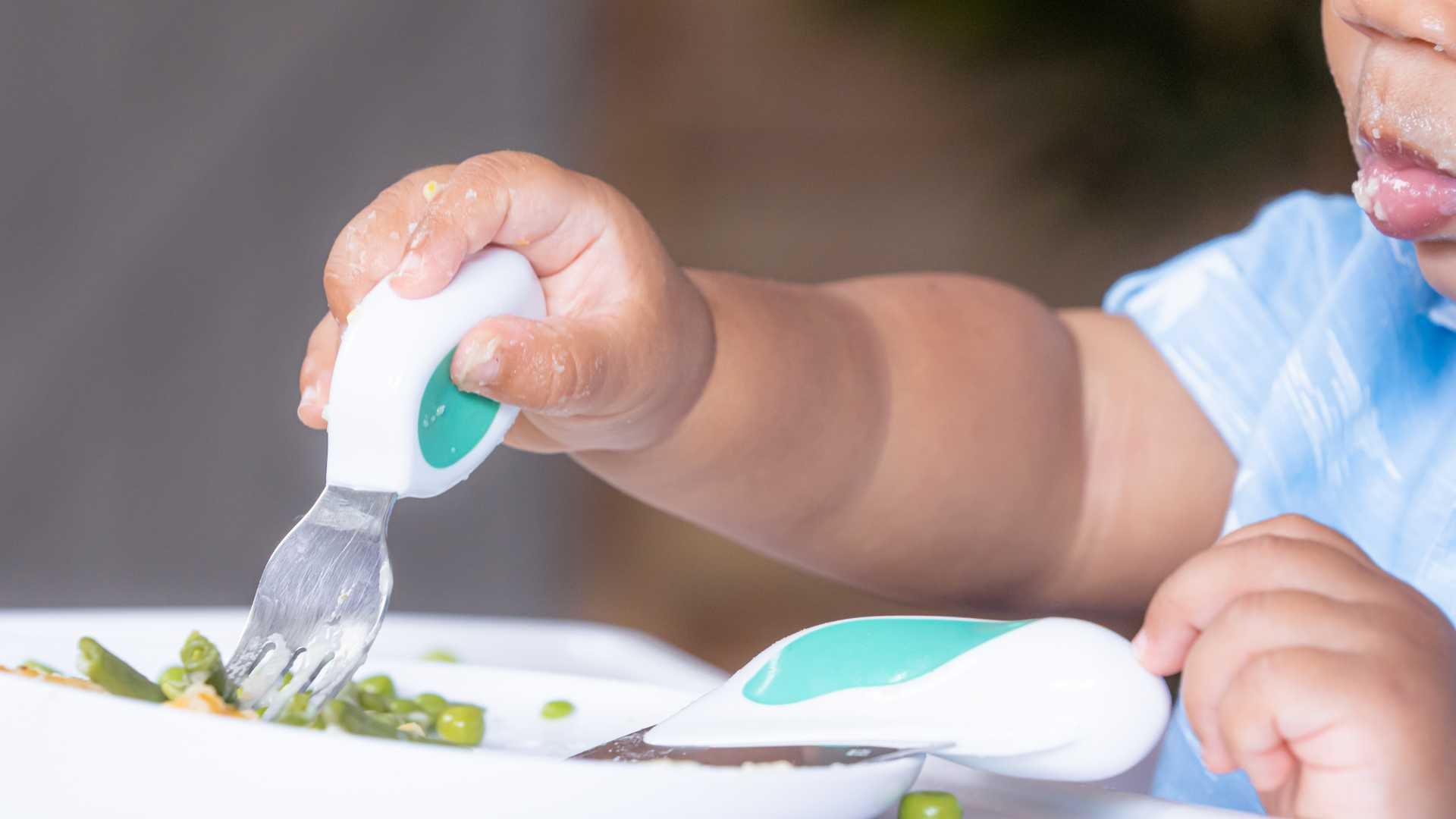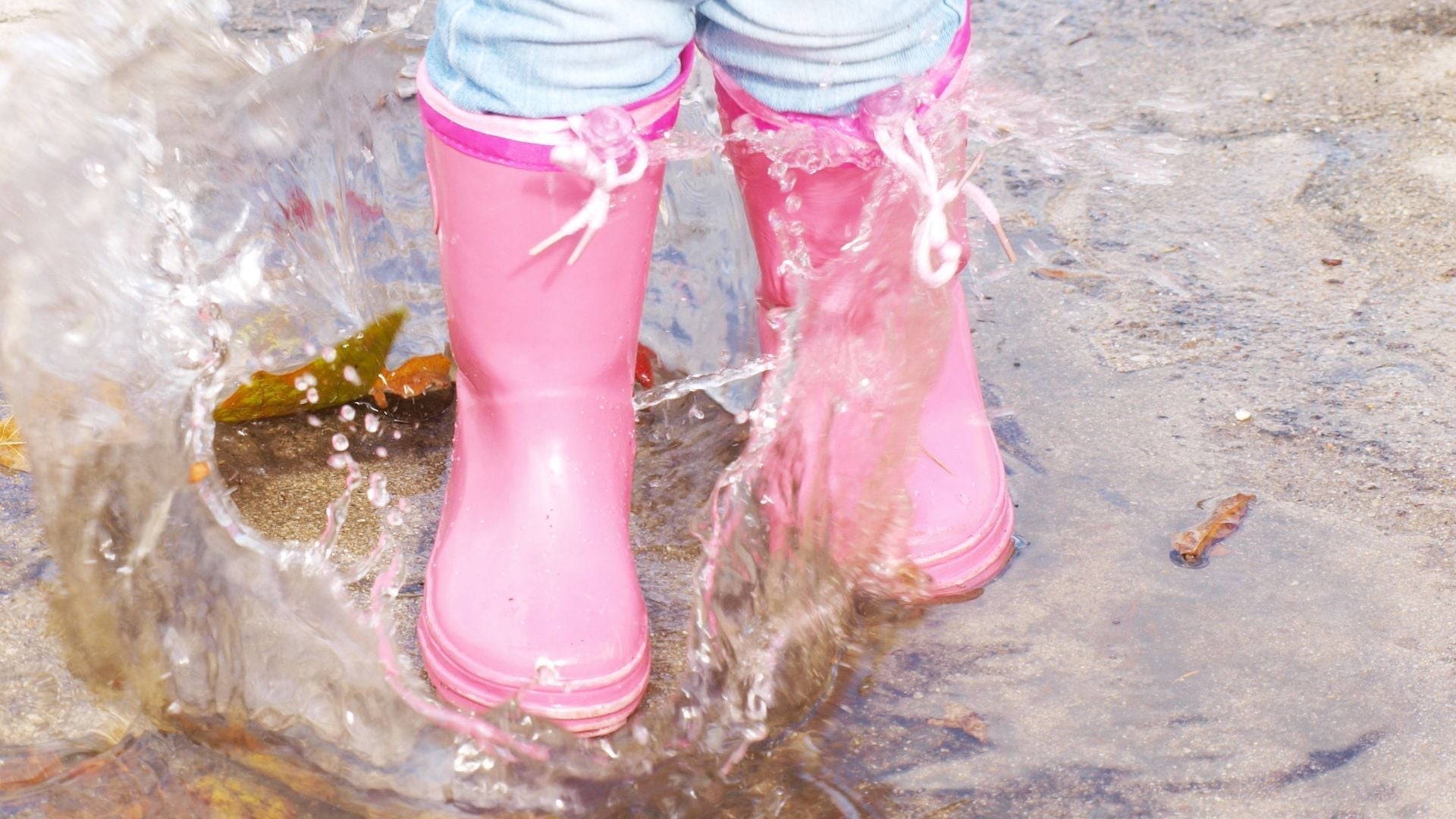As parents and caregivers, we all want the best for our children. We celebrate their milestones, big and small, and do everything we can to support their growth and development. One crucial aspect of this process that often goes unnoticed is the development of fine motor skills. These small muscle movements in the hands, fingers, and wrists may seem minor, but they play a significant role in a child's overall development and future success.
Fine motor skills are essential for a wide range of daily activities, from grasping objects and drawing to feeding and using toddler cutlery. Developing these skills not only enhances a child's physical abilities but also supports their cognitive, social, and emotional growth.
In this article, we'll take a closer look at the importance of fine motor skills and explore ways to support your child's development at every stage. Remember, every child is unique and develops at their own pace, so our goal is to provide you with the knowledge and tools to create a nurturing environment that encourages your little one to grow and thrive.
What are fine motor skills?

Fine motor skills involve the use of the small muscles in the hands, fingers, and wrists. These skills enable children to perform tasks such as grasping objects, drawing, writing, and eventually begin feeding themselves. As children grow and develop, you may notice various signs that indicate their fine motor skills are progressing, such as:
Reaching for and grasping objects
Babies may start by batting at objects and gradually learn to grasp them with their whole hand. As their skills refine, they'll begin using a pincer grasp (thumb and index finger) to pick up smaller items.
Scribbling and drawing
Toddlers may begin by making random marks on paper, eventually progressing to more intentional scribbles and shapes. As their skills improve, they'll start drawing recognisable objects and people.
Self-feeding
Children may start by using their hands to feed themselves, then progress to using utensils like spoons and forks.
Dressing and undressing
As fine motor skills develop, children will become more adept at tasks like buttoning, zipping, and tying shoelaces.
Benefits of developing fine motor skills

Watching your little one grow and learn is one of the most rewarding parts of being a parent or caregiver. As they explore the world around them and engage in new activities, they're not only developing their fine motor skills but also unlocking a world of potential in all areas of their life.
Fine motor skill development is like a magical key that opens doors to so many exciting opportunities for your child. As they master the art of using their tiny hands and fingers to manipulate objects, they're also:
- Strengthening their hand-eye coordination, which is essential for everything from playing catch to writing their name
- Enhancing their spatial awareness, allowing them to understand how objects fit together and relate to one another
- Boosting their independence in daily tasks, like using their doddl cutlery to feed themselves or zipping up their favourite jacket
- Building self-confidence and self-esteem as they conquer new challenges and take pride in their accomplishments
These benefits are just the beginning of the journey your child is on as they develop their fine motor skills. Find out more about how to support a child with poor fine motor skills here
Role of fine motor skills in academic success
As your little one grows and prepares to enter the exciting world of school, their fine motor skills will play a crucial role in their academic journey. From writing their name to cutting out shapes for an art project, having well-developed fine motor abilities will help them navigate the classroom with confidence.
But the benefits of fine motor skills extend far beyond the practical aspects of school life. Research has shown that there is a strong connection between fine motor skill development and cognitive growth. When children engage in activities that require the use of their hands and fingers, they're not only strengthening their muscles but also building neural pathways in their brains.
Age-appropriate activities for fine motor skill enhancement

As your child grows and develops, there are countless opportunities to support their fine motor skill development through age-appropriate activities. These engaging tasks not only help strengthen the small muscles in their hands and fingers but also provide a fun and interactive way for you to bond with your little one.
For toddlers (ages 1-3):
- Stacking and sorting: Encourage your toddler to stack blocks, sort shapes, or build simple towers. These activities help develop hand-eye coordination and problem-solving skills.
- Scribbling and colouring: Provide your child with chunky crayons or washable markers and let them explore their creative side. This helps build the foundation for later writing skills.
- Using toddler cutlery: Introduce your little one to cutlery during mealtimes. These ergonomically designed utensils make it easier for small hands to grasp and control, promoting independence and confidence.
For preschoolers (ages 3-5):
- Stringing beads: Offer your child large beads and a shoelace or string to create necklaces or bracelets. This activity enhances hand-eye coordination and concentration. (Beads can be a choking hazard, so adult supervision is a must!)
- Completing puzzles: Choose age-appropriate puzzles that challenge your child's problem-solving abilities and fine motor skills as they manipulate the pieces into place.
- Practicing with child-safe scissors: Introduce your preschooler to cutting with child-safe scissors and provide them with various materials to cut, such as paper, playdough, or straws. This helps develop the small muscles in their hands and improves hand-eye coordination.
For school-age children (ages 5+):
- Writing and drawing: Encourage your child to practice writing letters, numbers, and words or to draw pictures. Provide a variety of writing tools, such as pencils, pens, and markers, to keep the activity engaging.
- Typing and using technology: Introduce your child to typing on a keyboard or using a mouse to navigate age-appropriate computer games and activities. This helps prepare them for the increasing role of technology in their education and daily life.
- Playing musical instruments: Encourage your child to explore musical instruments that require fine motor skills, such as the piano, guitar, or violin. This not only enhances their fine motor abilities but also fosters creativity and self-expression.
These are just general guidelines, and each child will progress at their own unique pace - try to avoid milestone comparison! Some may need additional support or adaptations, and that's perfectly normal. The key is to create a loving and supportive environment that encourages your child to explore, play, and learn in a way that feels comfortable and natural to them.
Nurturing fine motor skills
Supporting your child's fine motor skill development is an essential part of their overall growth and learning. By providing a nurturing environment filled with age-appropriate activities and tools, you can help your little one build the skills they need to thrive. Remember, every child's journey is unique, and there's no right or wrong way to develop.
As you embark on this exciting adventure with your child, it's essential to have the right tools and resources by your side. That's where doddl comes in – our toddler cutlery is designed to make mealtimes easier and more enjoyable for little ones, while also supporting their fine motor skill development.
So why not take the first step in supporting your child's growth today?




Leave a comment
This site is protected by hCaptcha and the hCaptcha Privacy Policy and Terms of Service apply.